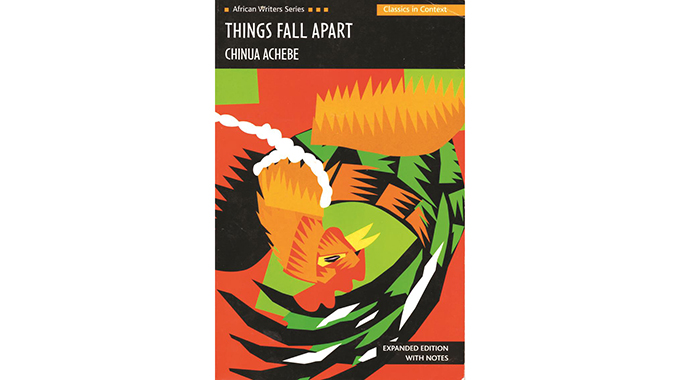Remembering prolific storyteller Toni Morrison

Shermichael Singleton Correspondent
Perhaps it is true that “words are things”, as Maya Angelou once noted, that seep into every aspect of our consciousness.
Maybe it is true that words, when fused, tell “stories (that) are funny, sad, odd combinations that reveal the complexity and profundity, and the size of human life,” as Toni Morrison once said.
Morrison, who died on August 5, aged 88, was a consummate writer and editor, whose literary and cultural influence on our country cannot be overstated. Her seemingly unlimited ability to tell stories that forced us to think beyond ourselves is what made her one of the greatest American writers of the 20th and 21st centuries.
Born in 1931, Morrison grew up in an era of stark racial tensions, the effect of which is evident in her vast body of literary work. Morrison’s career is also in many ways a chronicle of her country through her lifetime, an epistemological journal that challenged America’s conception of its own identity.
She was transformative because her exploration of race was not limited to its form and effects on society. She wanted to dig up its roots, and shine a light on the many who enabled it.
In an interview with Stephen Colbert, Morrison made clear what she meant by this: “racism is a construct, a social construct that has a social function, but race can only be defined as a human being.” Race was a function of racism, not the other way around.
Morrison didn’t just change the literary environment and popular culture with her words. As the first female African-American editor at Random House, Morrison broke down racial barriers, introducing the literary world to unknown African-American writers.
She created a pathway of access and opportunity for black writers, who would have been otherwise overlooked.
As a professor at Princeton and elsewhere, she moulded a generation of writers and literary critics.
In a 2003 interview in Oprah Magazine, Morrison said: “I tell my students, ‘When you get these jobs that you have been so brilliantly trained for, just remember that your real job is that if you are free, you need to free somebody else. If you have some power, then your job is to empower somebody else.’”
As a teacher, Morrison stressed that following this line of thinking was also an act of self-liberation. By enabling writers to see the full panorama of their world, they could also see their place in it, and, thus, their right to mould it and not just be moulded by it.
She interrogated race and identity across a span of 11 novels, including “Beloved”, “Song of Solomon”, “Sula”, and “Tar Baby”. She also wrote essays, poems, plays, and conducted a variety of interviews.
These works would go on to solidify Morrison’s place in the American lexicon of great writers. Continuing this journey, her well-acclaimed novel “Beloved”, inspired by the true story of a runaway slave, garnered her the Pulitzer Prize for fiction in 1988 and was adapted into a movie.
Morrison would go on to become the first African-American woman to win the Nobel Prize in 1993, and in 2012, she was honoured with the Presidential Medal of Freedom.
She understood that the truth bears no lie, and that is what enabled her to transform minds and heal hearts. — Washington Examiner.









Comments